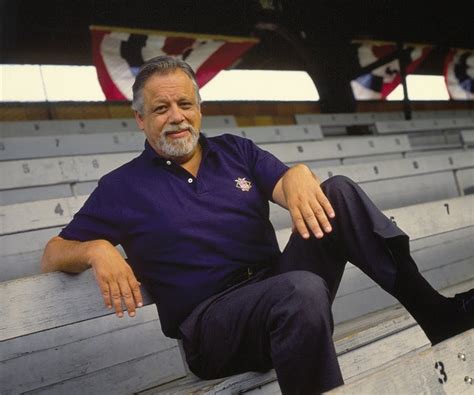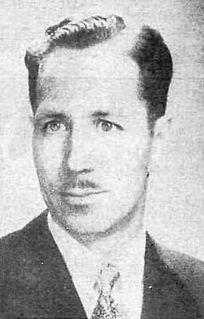A Quote by Bertrand Russell
Protagoras did not know if the gods exist, but he held in any case they ought to be worshiped. Philosophy, according to him, had nothing edifying to teach, and for the survival of morals we must rely upon the thoughtlessness of the majority and their willingness to believe what they had been taught.
Related Quotes
I never really wanted to have a Guru, I was more interested in Buddhist philosophy and meditation, and had a psychological background in college, but he had so much love. To be with him, there was nowhere else to be and nothing else to do. Nothing he taught, philosophy or meditation, are the things I went to India to look for, or was interested in, but he sort of jumped into my heart and then pulled, he pried it open.
The world taught women nothing skillful and then said her work was valueless. It permitted her no opinions and said she did not know how to think. It forbade her to speak in public and said the sex had no orators. It denied her the schools, and said the sex had no genius. It robbed her of every vestige of responsibility, and then called her weak. It taught her that every pleasure must come as a favor from men and when, to gain it, she decked herself in paint and fine feathers, as she had been taught to do, it called her vain.
On coming to the house, they (the Magi), saw the child with his mother Mary, and they bowed down and worshiped him. (Matthew 2:11) [This] adoration, too, was not the same as the worship of God. In my opinion they did not yet recognize him as God, but they acted in keeping with the custom mentioned in Scripture, according to which Kings and important people were worshiped; this did not mean more than falling down before them at their feet and honoring them.
The gods have fled, I know. My sense is the gods have always been essentially absent. I do not believe human beings have played games or sports from the beginning merely to summon or to please or to appease the gods. If anthropologists and historians believe that, it is because they believe whatever they have been able to recover about what humankind told the gods humankind was doing. I believe we have played games, and watched games, to imitate the gods, to become godlike in our worship of eachother and, through those moments of transmutation, to know for an instant what the gods know.
An irreligious man is not one who denies the gods of the majority, but one who applies to the gods the opinions of the majority. For what most men say about the gods are not ideas derived from sensation, but false opinions, according to which the greatest evils come to the wicked, and the greatest blessings come to the good from the gods.
When I had finished the book I knew that no matter what Scott did, nor how he behaved, I must know it was like a sickness and be of any help I could to him and try to be a good friend. He had many good, good friends, more than anyone I knew. But I enlisted as one more, whether I could be of any use to him or not. If he could write a book as fine as The Great Gatsby I was sure that he could write an even better one. I did not know Zelda yet, and so I did not know the terrible odds that were against him. But we were to find them out soon enough.
In the Roman world, and in the worlds around it that Romans sought to subdue and control, the gods were merciless, frivolous, prone to set traps for humans, and largely indifferent to the unprivileged bulk of humankind, who in any case did not expect their fate in the afterworld to be any better than it had been on earth.
Jake was close to tears. In that moment he saw the world in its true light, as a place where nothing had ever been any good and nothing of significance done: no art worth a second look, no philosophy of the slightest appositeness, no law but served the state, no history that gave an inkling of how it had been and what had happened. And no love, only egotism, infatuation and lust.
I think we have to go through everything we go through in our life, and I believe my purpose in life was to teach self-reliance. So I had the experience of relying on myself very early in life in order to have that knowing, because otherwise I would've just read about it. I think of it now as a great advantage that I had. It certainly taught me to rely upon myself at a very young age. And that's what I've been teaching since I was a little boy.
Have you taught a Sunday School class and felt when you finished that you had really taught someone some principle of the gospel that had really helped him or given him a brighter look on life? Remember the feeling of peace and joy that followed? Have you ever taught someone the gospel and received that feeling of joy because he had accepted what you had been teaching? The thrill of missionary work!
Where possible Paul avoids quoting the teaching of Jesus, in fact even mentioning it. If we had to rely on Paul, we should not know that Jesus taught in parables, had delivered the sermon on the mount, and had taught His disciples the 'Our Father.' Even where they are specially relevant, Paul passes over the words of the Lord.
She would have liked to know how he felt as to a meeting. Perhaps indifferent, if indifference could exist under such circumstances. He must be either indifferent or unwilling. Has he wished ever to see her again, he need not have waited till this time; he would have done what she could not but believe that in his place she should have done long ago, when events had been early giving him the indepencence which alone had been wanting.



































